Today at Notre Dame we celebrated the funeral of a dear woman who has been part of our community for many years. The funeral Liturgy provides a glimpse as to what the Catholic Church teaches about life, death, and eternity. In particular, the prayer of commendation, which is said just before leaving the church says this:
Into your hands, Father of mercies,
we commend our sister Helen
in the sure and certain hope
that, together with all who have died in Christ,
she will rise with him on the last day.
Merciful Lord,
turn toward us and listen to our prayers:
open the gates of paradise to your servant
and help us who remain
to comfort one another with assurances of faith,
until we all meet in Christ
and with you and with our sister for ever.
From this beautiful prayer, we can pick up two very important aspects of the Church’s teaching on eternity: first, for the baptized believer who has done her or his best to live the Gospel, a resurrection to life is assured – in “sure and certain hope.” Second, that resurrection will happen together with all believers, and until then we wait, comforting one another with “assurances of faith” so that one day we can all “meet in Christ.”
So first, the believer has sure and certain hope of resurrection to life. Many people erroneously believe that because of the Church’s teaching on works, and also the teaching on purgatory, the salvation of the believer is not certain. But we believe that our salvation has indeed been won by Christ, and believe that those who accept his free offer of grace and friendship are indeed assured of their eternal salvation (CCC 1031). The need for purification in purgatory is a separate matter; and I’ll ask you to bookmark that for a bit.*
Second, we believe that salvation is something we’re supposed to do together. Yes, the individual believer has to choose to receive grace and friendship with God, but we live that grace and friendship in communion with the body of the Church, and it’s up to us as believers to encourage one another and bring one another to heaven. This is such an important concept that the Church, in its instruction on marriage, insists that “authentic married love is caught up into divine love,” in effect, the spouses love one another into heaven (Gaudium et Spes 48.2, cf CCC 1639). Even vocations to the consecrated religious life (monks, sisters, etc.) are ordered to the salvation of the person within the context of community. As Saint Benedict wrote in his Rule for monks, “Let them prefer nothing whatever to Christ, and may he bring us all together to eternal life” (Rule of St. Benedict, 72). This desire for communal salvation is so great that the Church prays for it at every celebration of the Eucharist. For example, this selection from Eucharistic Prayer I notes that the whole family of believers comes together to offer the sacrifice:
Therefore, Lord, we pray:
graciously accept this oblation of our service,
that of your whole family;
order our days in your peace,
and command that we be delivered from eternal damnation
and counted among the flock of those you have chosen.
And so we can say that Catholic eternity consists of assured and communal salvation for each believer. But what does it look like?
At the moment of death, each person receives a particular, individual judgment, which corresponds to whether or not they have accepted God’s free gift of grace and friendship. We see this biblically in the 16th chapter of the Gospel of Luke in which Jesus relates a parable about Lazarus, a poor man, who is ignored by a rich man every single day of their lives on earth. When they have both died, Lazarus goes to heaven, while the rich man goes to hell. The rich man cries out for relief to Father Abraham, who replies: “My child, remember that you received what was good during your lifetime while Lazarus likewise received what was bad; but now he is comforted here, whereas you are tormented. Moreover, between us and you a great chasm is established to prevent anyone from crossing who might wish to go from our side to yours or from your side to ours” (Luke 16:25-26). Jesus was giving this analogy to show the choice that we must make: accepting God’s friendship means living a certain way, loving others and reaching out to them in their need.
Heaven, then, is a choice that leads to perfect life with the Most Holy Trinity, with the Blessed Virgin Mary and all the angels and saints. The Catechism of the Catholic Church says that heaven “is the ultimate end and fulfillment of the deepest human longings, the state of supreme, definitive happiness” (CCC 1024). I always tell the children that I teach that God always wants us to be happy. And if we want to be happy forever, we will always seek God’s will and do what he calls us to do. That is the life that leads to heaven.
In heaven, we have communion with the angels and saints and all of the Church, but also and especially with God himself. This communion is almost indescribable, although the Bible speaks of it in images: light, life, the heavenly Jerusalem, paradise. Saint Paul in his first letter to the Corinthians summed it up: “No eye has seen, nor ear heard, nor the heart of man conceived, what God has prepared for those who love him” (1 Cor. 2:9, cf CCC 1027). It’s hard to describe this communion with God because he is transcendent, and so unless he gives us the grace of a capacity to see him, it doesn’t happen. We call this grace the “beatific vision” in which we are allowed to see God and share with him the joy of salvation (CCC 1028).
Now, we can’t talk about heaven without at least mentioning the other thing, and that is hell. Because that’s where the rich man found himself, so because Jesus included it in his teaching, we know that it exists. But what the Church teaches about hell is that it is in itself a choice. To get there, one must completely reject God’s free gift of grace and friendship. This is usually done through the act of unrepentant mortal sin: one knows the right thing to do, and actively chooses not to do it, and acts contrary to the good. If a person commits a mortal sin, it can be forgiven through grace, but for the one who chooses not to seek forgiveness and chooses not to repent, the only other option is a life devoid of God’s presence. And that life we call hell (CCC 1033).
But here’s the thing about hell. We don’t really know if anyone’s there or not, well, except for Satan and his demons. But since God doesn’t send anyone to hell – one chooses to go there freely – we can’t say for certain that there is anyone there. The Church teaches that we definitely know that thousands of people are in heaven, because we call them saints. The process of sainthood involves the recognition of miracles that happen after the saint’s death, indicating that the person is acting from the glory of heaven to affect the good of those on earth. But the Church has never named anyone who is in hell, because we cannot know if, at the moment of death, an unrepentant sinner may have called out to God for mercy, repenting of her or his sins. We know that hell exists, and we know that it is possible to go there of one’s own free will, but we don’t know that anyone has chosen that option. In fact, we hope not.
To sum up Catholic teaching about the nature of heaven and eternity, I’d like to once again choose some words from the Church’s Liturgy. This time it comes from the prayers for the dead, which can be said at the bedside of a dying person. For them we pray:
Go forth, Christian soul, from this world
in the name of God the almighty Father,
who created you,
in the name of Jesus Christ, the Son of the living God,
who suffered for you,
in the name of the Holy Spirit,
who was poured out upon you.
Go forth, faithful Christian!
May you live in peace this day,
may your home be with God in Zion,
with Mary, the virgin Mother of God,
with Joseph, and all the angels and saints …
May you return to [your Creator]
who formed you from the dust of the earth.
May holy Mary, the angels, and all the saints
come to meet you as you go forth from this life…
May you see your Redeemer face to face. Amen.
*Purgatory
So I referred to Purgatory earlier, and I said to book mark it. Let’s come back to it now. Purgatory is thought of as the final purification, in which the soul is made fit to be caught up into the life of God in heaven. Now once again, every believer who has accepted God’s grace and friendship is absolutely assured of eternal salvation. But if they have sins that have left them impure at death, they must be purified to enter the joy of heaven (CCC 1030). The purification in purgatory is entirely different that the punishment of the damned in hell. Purgatory is, instead, that “cleansing fire” that Saint Paul speaks of in his first letter to the Corinthians (cf. 1 Cor 3:15, 1 Pet 1:7). This is why the Church prays for the dead, a practice that comes from the book of Maccabees in which we read: “Therefore [Judas Maccabeus] made atonement for the dead, that they might be delivered from their sin” (2 Macc 12:46, cf. CCC 1032).
I tell people that Purgatory is really a gift. It’s that time and experience of our spiritual life in which we are completely made ready for the life of heaven. It’s kind of stereotypical for a Catholic to say this, but eternity can be likened to a party. Those who freely accept the invitation freely offered enter in and enjoy the party. This is heaven. Those who reject the invitation outright are outside the party, and this is hell. But imagine going to a party and you know that you’ve done or said something wrong to another person at the party, in particular the host. You’re not going to be enjoying yourself with the guilt of that indiscretion on your heart. So you need to do something to fix the relationship so that you can enjoy the party. That’s what Purgatory is. You still get to go to the party, but you have to make amends first.
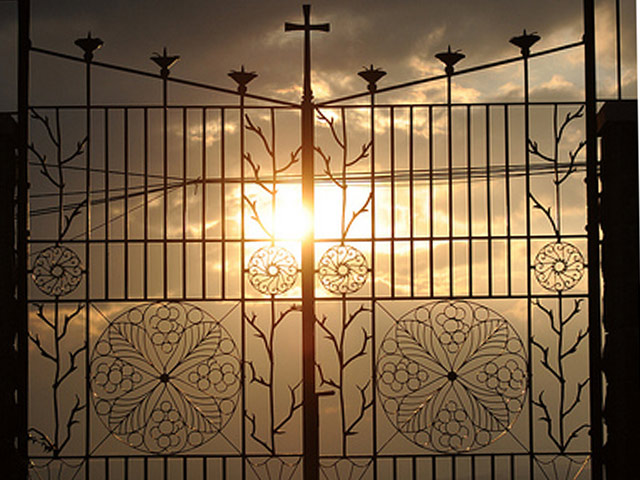
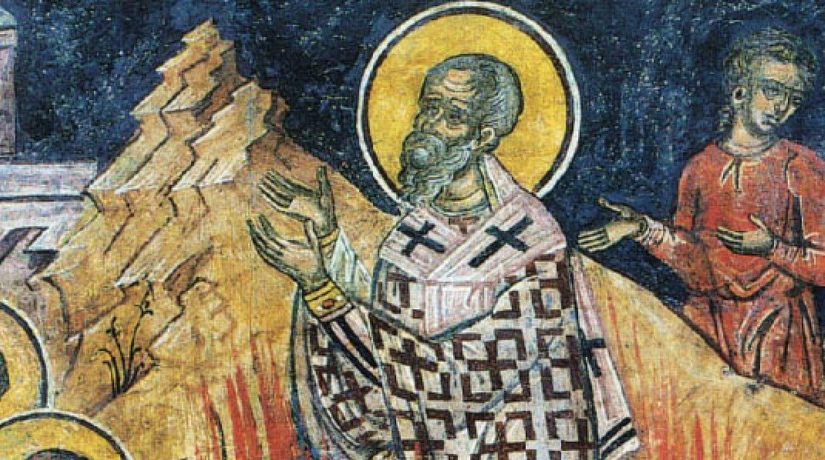
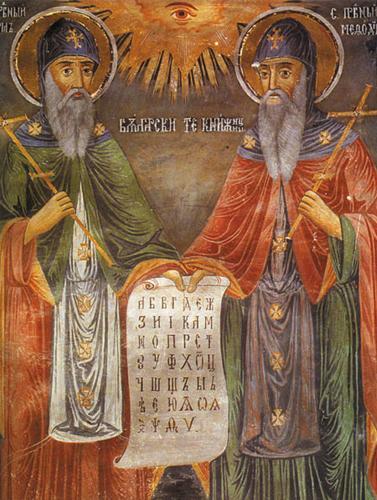
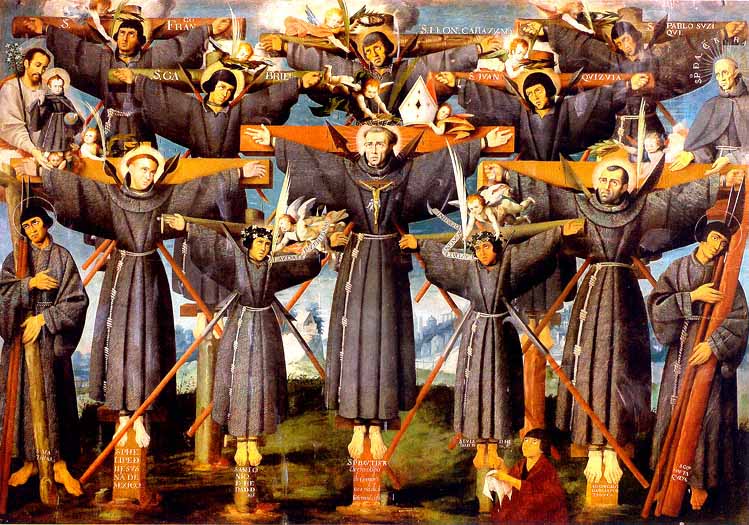
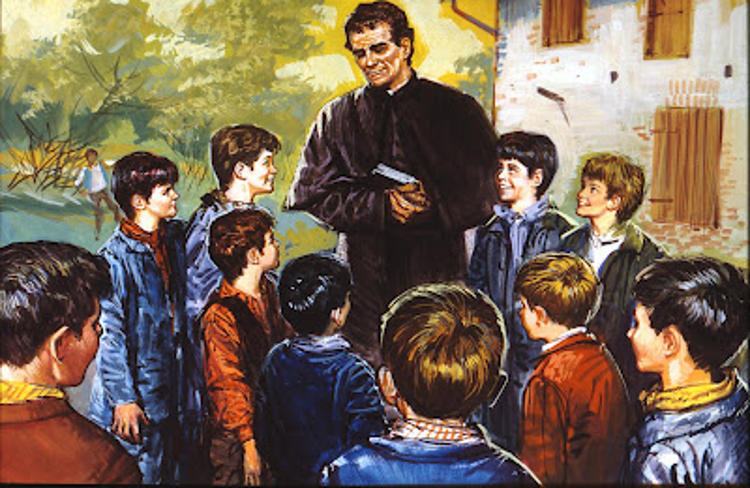

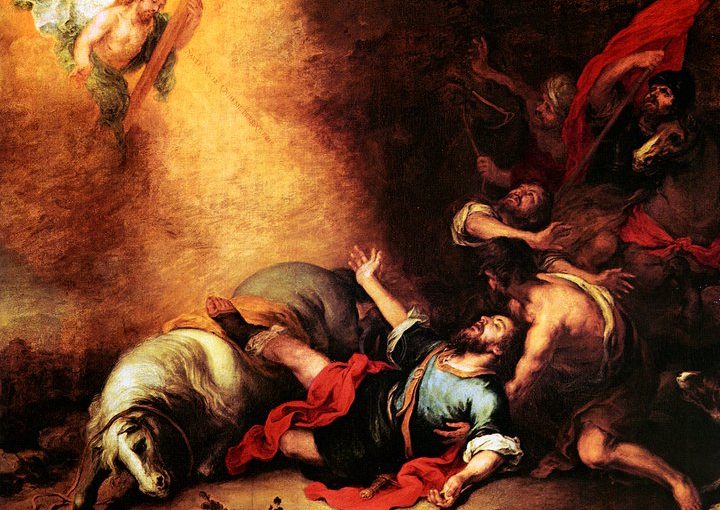
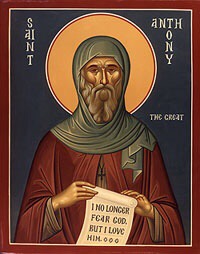
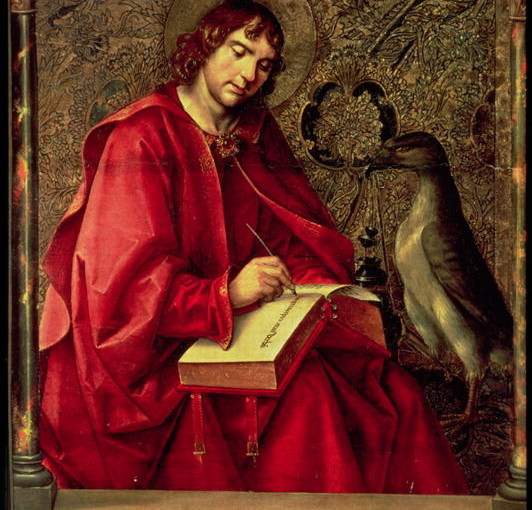
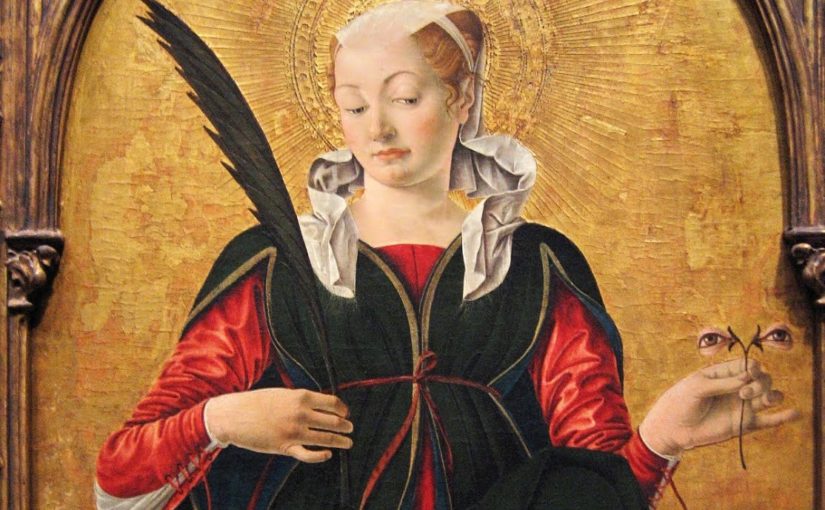
You must be logged in to post a comment.